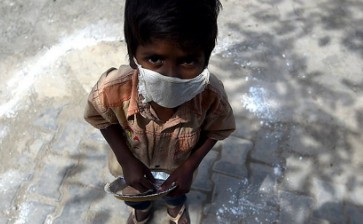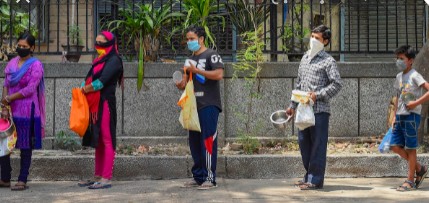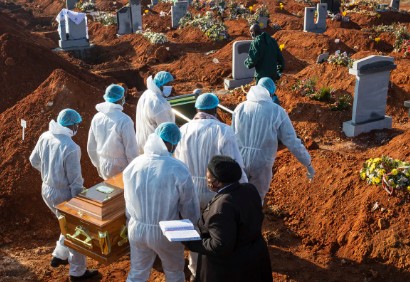|
with UN partners, including partnerships to finance the 2030 Agenda.
Financing is an indispensable ingredient for success in matching our ambition with real-world outcomes.
And yet, a wide gap persists between investments and the amount of capital needed to achieve the global goals.
To help bridge the gap, the UN Global Compact has issued a set of Principles for Integrated SDG Finance and Investment, developed in partnership with Chief Financial Officers from major corporations.
After all, investors and financial institutions have a stake in a sustainable, stable future, too.
Taken together, all these strategic shifts provide critical opportunities for the Global Compact and the international business community at a decisive time.
As we consider a post-pandemic future, there are two roads before us.
One leads back to business as usual and an uncertain fate for people and the planet.
The other lead forwards to an inclusive, green recovery.
Let us choose wisely and move forward, united in ambition and collective action for a world where no one is left behind.
(from UN Secretary-General, Antonio Guterres speech)
|





